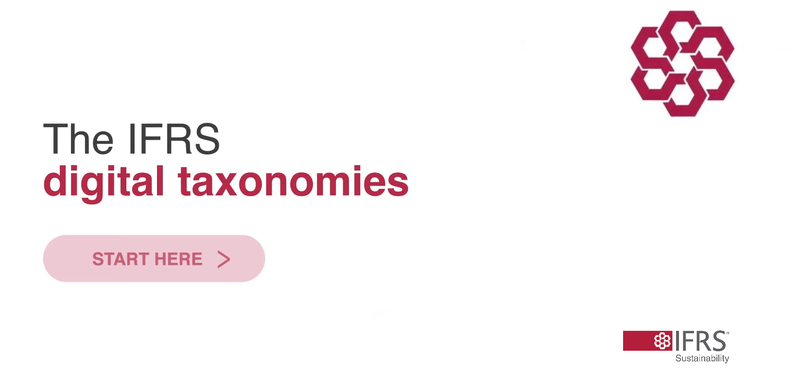Over 40% of Public Companies Now Reporting on Scope 3 Emissions, with the U.S. Falling Significantly Behind: MSCI

Public companies worldwide are increasingly revealing their greenhouse gas emissions footprints. Approximately 60% are now disclosing direct Scope 1 and 2 emissions, while over 40% are disclosing at least some Scope 3, or value chain, emissions, as per a recent report by investment data and research provider MSCI. The report highlights a significant disparity, with U.S. companies trailing behind their global counterparts in climate reporting.
Moreover, the MSCI report indicates a growing trend of companies setting emissions reduction targets. Although the rate of goal-setting has decelerated, there is a notable improvement in quality, particularly evident in the rise of science-backed decarbonization targets.
In the latest edition of the MSCI Net-Zero Tracker report, MSCI evaluated the climate change progress of companies within the MSCI All Country World Investable Market Index (ACWI IMI). This assessment included data from the "Implied Temperature Rise" metric, a tool launched in 2021. This tool calculates companies’ current and projected greenhouse gas emissions and estimates their contribution to global temperature rise, factoring in each company's emissions reduction targets.
The report revealed a consistent enhancement in emissions reporting by public companies globally. Nearly 60% now report on Scope 1 and 2 emissions, marking a 16-percentage-point increase over the past two years. Moreover, reporting on value chain emissions is accelerating even more rapidly, with 42% of companies now disclosing at least some of their Scope 3 emissions. This is a notable rise from 25% reported two years ago and approximately 35% reported last year, according to MSCI.
The report highlighted a significant gap in disclosure between U.S. companies and their global counterparts. In the U.S., only 45% of public companies report on Scope 1 and 2 emissions, contrasting starkly with 73% of companies in developed markets outside the U.S. Furthermore, just 29% of U.S. public companies disclose Scope 3 emissions, compared to 54% of their counterparts in developed markets.
As emissions reporting progresses, regulatory mandates for climate-related disclosures are expanding globally. In the EU, new disclosure requirements have come into effect, while numerous countries are moving towards sustainability reporting systems aligned with the recently released standards by the IFRS' International Sustainability Standards Board (ISSB).
These standards will necessitate reporting on Scope 1, 2, and 3 emissions. Although the MSCI report suggests that the new climate reporting rule by the U.S. SEC might bridge the reporting gap, it only mandates Scope 1 and 2 operational emissions reporting from larger companies when deemed material. Notably, the rule does not require Scope 3 reporting. Moreover, the SEC has halted the implementation of these rules due to legal challenges.
As per the report, companies are persisting in setting climate targets, although the rate of goal-setting has decelerated. By the end of January 2024, MSCI indicates that 52% of companies have disclosed emissions reduction targets, with 38% announcing net zero targets, each seeing a one-percentage-point increase from the previous year. Despite the slowdown in goal-setting, there seems to be an enhancement in the quality of climate targets. Notably, 20% of companies are now establishing science-based targets aligned with 1.5°C, marking a rise from 12% last year and a mere 1% in 2020.
Despite improvements in reporting and goal-setting, the latest report highlights that greenhouse gas emissions from listed companies have not decreased, although they appear to have stabilised. According to the report, Scope 1 emissions, which represent the direct operational GHG emissions of listed companies worldwide, are forecasted to level off in 2024 at 11.8 billion tons, making up nearly one-fifth of global GHG emissions.
MSCI’s Implied Temperature Rise metric indicates that listed companies are currently on a trajectory towards a 3°C temperature increase this century, with only 38% of companies aiming for a pathway of 2°C or lower, including 11% aligned with the 1.5°C target. The report underlines the UN’s Intergovernmental Panel on Climate Change (IPCC) estimation that global emissions would need to peak by 2025 and decrease by 7% annually through 2030 to mitigate the most severe impacts of climate change.



